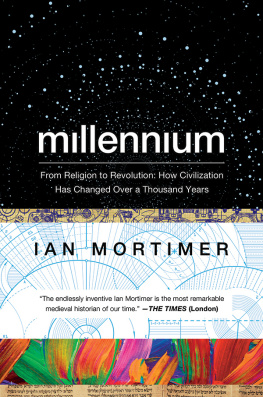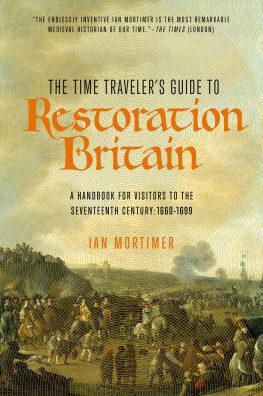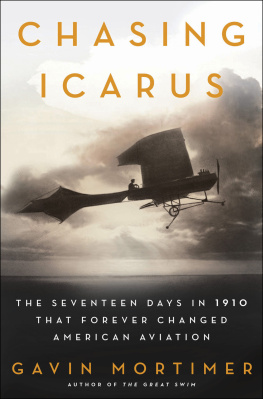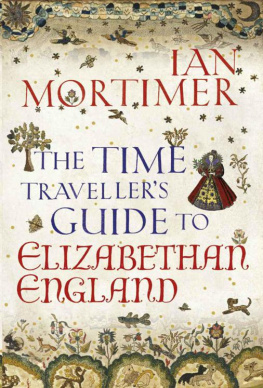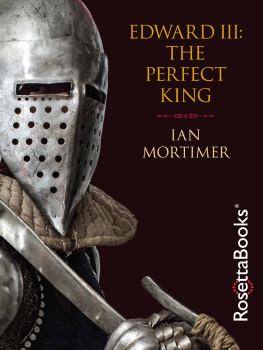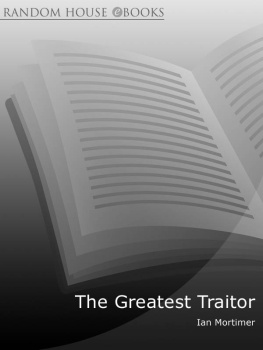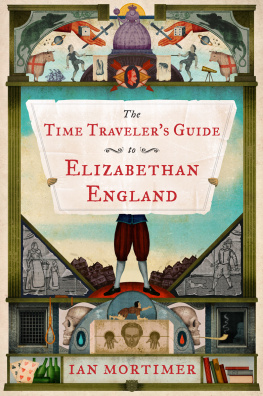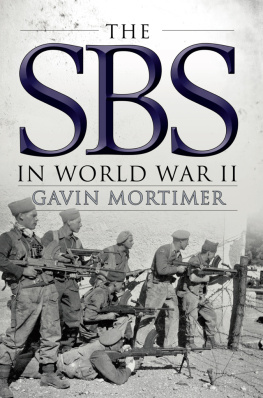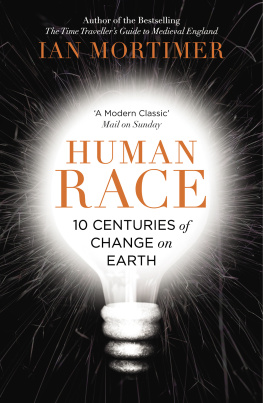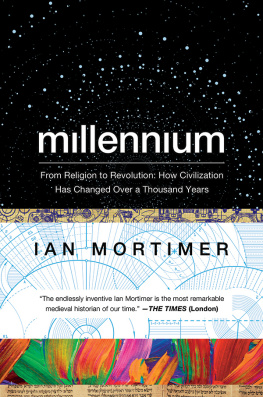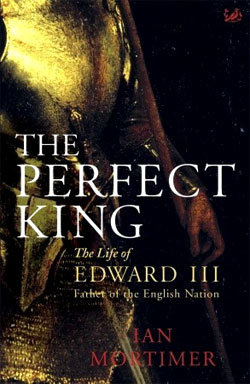Mortimer - Millennium
Here you can read online Mortimer - Millennium full text of the book (entire story) in english for free. Download pdf and epub, get meaning, cover and reviews about this ebook. City: New York, year: 2016, publisher: Pegasus Books, genre: Politics. Description of the work, (preface) as well as reviews are available. Best literature library LitArk.com created for fans of good reading and offers a wide selection of genres:
Romance novel
Science fiction
Adventure
Detective
Science
History
Home and family
Prose
Art
Politics
Computer
Non-fiction
Religion
Business
Children
Humor
Choose a favorite category and find really read worthwhile books. Enjoy immersion in the world of imagination, feel the emotions of the characters or learn something new for yourself, make an fascinating discovery.
Millennium: summary, description and annotation
We offer to read an annotation, description, summary or preface (depends on what the author of the book "Millennium" wrote himself). If you haven't found the necessary information about the book — write in the comments, we will try to find it.
Millennium — read online for free the complete book (whole text) full work
Below is the text of the book, divided by pages. System saving the place of the last page read, allows you to conveniently read the book "Millennium" online for free, without having to search again every time where you left off. Put a bookmark, and you can go to the page where you finished reading at any time.
Font size:
Interval:
Bookmark:

To my children
and all my descendants.
This is the book I feel I was born to write.
That doesnt mean it is the book you were born to read
but it might help.
millennium
From Religion to Revolution: How Civilization
Has Changed Over a Thousand Years
IAN MORTIMER

PEGASUS BOOKS
NEW YORK LONDON
Given the wildly varying range of figures for the period before 1500, I have revisited national estimates for the three most fully documented countries to develop a core on which to build my own estimates. Fortunately, these three countries are reasonably representative of Europe, one being northern European (England), one central (France) and one Mediterranean (Italy).
ENGLAND
The figures in Tables 1.1 and 1.2 for the period 10861541 are based on the annual growth statistics established from manorial data by Stephen Broadberry, Bruce M. S. Campbell and Bas van Leeuwen of the University of Warwick in their paper English Medieval Population: reconciling time series and cross-sectional evidence (2010).truth lies between the two extremes that is, between the Warwick group model and 5.4 million and I have chosen to use the Warwick groups figures at face value in order not to exaggerate the population of England in 1300, and thus that of Europe as a whole at that time.
| Date | Population | Date | Population | Date | Population |
| 1086 | 1.71 | 1240 | 4.15 | 1400 | 2.08 |
| 1100 | 1.84 | 1260 | 4.30 | 1420 | 2.04 |
| 1120 | 2.07 | 1280 | 4.46 | 1440 | 1.96 |
| 1140 | 2.32 | 1300 | 4.35 | 1460 | 1.96 |
| 1160 | 2.61 | 1320 | 4.40 | 1480 | 2.08 |
| 1180 | 2.93 | 1340 | 4.57 | 1500 | 2.21 |
| 1200 | 3.37 | 1360 | 2.57 | 1520 | 2.34 |
| 1220 | 3.98 | 1380 | 2.44 | 1540 | 2.82 |
TABLE 1.1 Estimated population of England per twenty years (millions)
The figure of 1.5 million for the year 1000 in Table 1.2 (overleaf) is simply a round figure based on the assumption that the population was growing very slowly until about 1050, and then gradually faster until it reached 0.58 per cent in the twelfth century The estimate of 1.5 million would imply an average annual increment rate over the period 100086 of just over 0.15 per cent. Sources for later centuries are given in the endnotes.
FRANCE
The figures in Table 1.2 for the period 10001400 were originally drawn from the work of J. C. Russell.
ITALY
Applying Benedictows higher plague mortality figures for Italy (5060 per cent) to the figures suggested by Federico and Malanima in their 2004 article would suggest the population of Italy was about 14.9 million prior to the plague of 134751.
| England | % | France | % | Italy | % | Total | % | |
| 1000 | 1.50 | 7.00 | 5.80 | 14.30 | ||||
| 1100 | 1.84 | 23% | 8.06 | 15% | 7.00 | 21% | l6.90 | 18% |
| 1200 | 3.37 | 83% | 11.96 | 48% | 9.90 | 41% | 25.23 | 49% |
| 1300 | 4.35 | 29% | 20.41 | 71% | 12.50 | 26% | 37.26 | 48% |
| 1400 | 2.08 | -52% | 12.26 | -40% | 8.00 | -36% | 22.34 | -40% |
| 1500 | 2.21 | 6% | 16.70 | 36% | 9.00 | 13% | 27.91 | 25% |
| l600 | 4.162 | 89% | 19.60 | 17% | 13.273 | 47% | 37.035 | 33% |
| 1700 | 5.211 | 25% | 22.60 | 15% | 13.481 | 2% | 41.292 | 11% |
| l800 | 8.671 | 66% | 28.70 | 27% | 18.092 | 34% | 55463 | 34% |
| 1900 | 30.072 | 247% | 40.681 | 42% | 32.966 | 82% | 103.719 | 87% |
| 2000 | 49.139 | 63% | 59.268 | 46% | 56.996 | 73% | 165.402 | 59% |
TABLE 1.2 Populations of England, France and Italy (millions). Please note that all the totals and percentages were calculated before rounding up or down to two or three decimal places.
EUROPE AND THE WORLD
The figures in Table 1.2 suggest a different story to the population estimates outlined at the start of this appendix. According to the figures put forward by Livi Bacci for 1550, the populations of England, France and Italy amounted to 35 per cent of the European total. Malanimas figures suggest that England, Wales, France and Italy amounted to 27.5 million of 84.85 million for 1500; deducting the Welsh population of about 300,000, this suggests that England, Italy and France represented 32 per cent of the European total. Continuing to use Malanimas estimates, the three countries amounted to 33 per cent of the European total in 1400; 34.9 per cent in 1300; 34 per cent in 1200; 35 per cent in 1100 and 34.5 per cent in 1000. This all appears very consistent: no less than 32 per cent and no more than 35 per cent. The figures in Table 1.2 for 1500, 1600 and 1700 also suggest these three countries consistently represented 33 per cent of the whole European population prior to the Agricultural Revolution. If the population of Europe may be estimated by using the three countries as a 33 per cent sample, then multiplying the population figures in Table 1.2 by 1/0.33 yields population estimates as in Method A in Table 1.3. Alternatively, using the increments calculated in Table 1.2 for the three countries and projecting back from the consensus of 84 million in 1500 yields population as in Method B. The figures correspond quite closely to the average of 42.1 million for the year 1000 derived above from the demographers named at the start of this appendix. They also closely correlate with Malanimas figures (which are on the high side, compared to those of others) for 1200 and 1400. However, the figure for 1300 is much higher than any demographer mentioned above has suggested.
| Date | Malanima (2009) | % change | Method A (proportional, at 1/33 %) | Method B (back projection from 84 million in 1500) | % change |
| 1000 | 47.1 | 43.3 | 43.1 | ||
| 1100 | 55.6 | 18% | 51.2 | 50.9 | 18% |
| 1200 | 76.7 | 38% | 76.4 | 75.9 | 49% |
| 1300 | 93.6 | 22% | 112.9 | 112.2 | 48% |
| 1400 | 67.8 | 28% | 67.7 | 67.3 | 40% |
| 1500 | 84.8 | 25% | 84.5 | 84.0 | 30% |
TABLE 1.3 Population estimates for Europe 10001500 (millions)
The figures in Table 1.2 that underlie Method A and Method B are based on the most reliable data available in Europe. There is no reason to suppose that these three countries differed wildly only in 1300 from being 33 per cent of the European total. Thus it seems likely that the population of Europe rose to 112 million in 1300. It is significant that the next time the population of the three countries rose to more than 37 million, in 1700, the population of the continent as a whole amounted to 125 million. As this was before the Agricultural Revolution had taken hold, this further backs up the theory that Europe could have supported a 112 million population before the Black Death.
Font size:
Interval:
Bookmark:
Similar books «Millennium»
Look at similar books to Millennium. We have selected literature similar in name and meaning in the hope of providing readers with more options to find new, interesting, not yet read works.
Discussion, reviews of the book Millennium and just readers' own opinions. Leave your comments, write what you think about the work, its meaning or the main characters. Specify what exactly you liked and what you didn't like, and why you think so.

